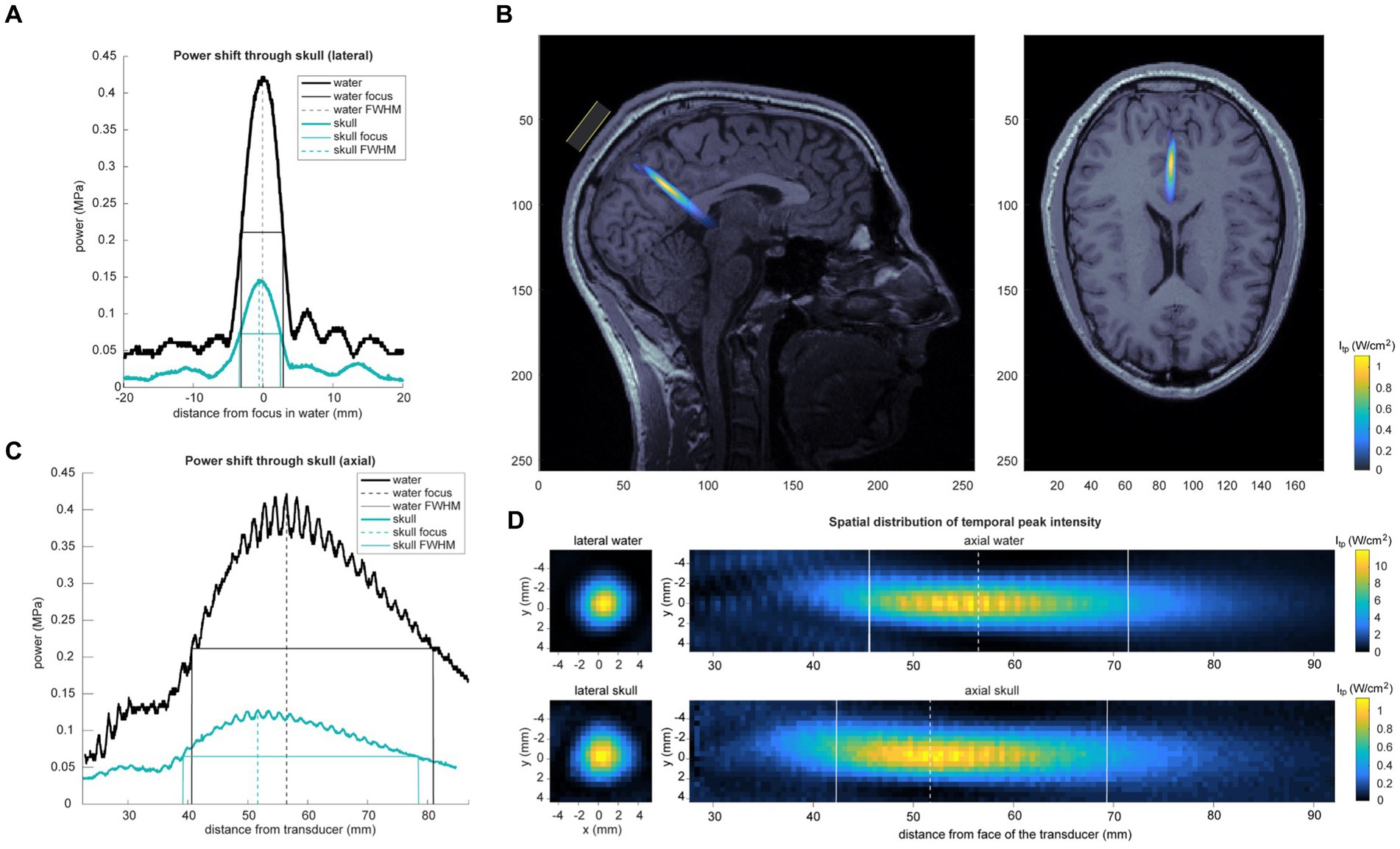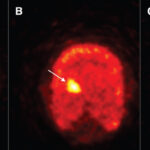2024-07-11 アリゾナ大学
<関連情報>
- https://news.arizona.edu/news/ultrasound-technology-can-be-used-boost-mindfulness-study-finds
- https://www.frontiersin.org/journals/human-neuroscience/articles/10.3389/fnhum.2024.1392199/full
後帯状皮質への経頭蓋集束超音波はデフォルト・モード・ネットワークと主観的経験を調節する:fMRIパイロット研究
Transcranial focused ultrasound to the posterior cingulate cortex modulates default mode network and subjective experience: an fMRI pilot study
Brian Lord,Joseph L. Sanguinetti,Lisannette Ruiz,Vladimir Miskovic,Joel Segre,Shinzen Young,Maria E. Fini,John J. B. Allen
Frontiers of Human Neuroscience Published:04 June 2024
DOI:https://doi.org/10.3389/fnhum.2024.1392199

Background: Transcranial focused ultrasound (TFUS) is an emerging neuromodulation tool for temporarily altering brain activity and probing network functioning. The effects of TFUS on the default mode network (DMN) are unknown.
Objective: The study examined the effects of transcranial focused ultrasound (TFUS) on the functional connectivity of the default mode network (DMN), specifically by targeting the posterior cingulate cortex (PCC). Additionally, we investigated the subjective effects of TFUS on mood, mindfulness, and self-related processing.
Methods: The study employed a randomized, single-blind design involving 30 healthy subjects. Participants were randomly assigned to either the active TFUS group or the sham TFUS group. Resting-state functional magnetic resonance imaging (rs-fMRI) scans were conducted before and after the TFUS application. To measure subjective effects, the Toronto Mindfulness Scale, the Visual Analog Mood Scale, and the Amsterdam Resting State Questionnaire were administered at baseline and 30 min after sonication. The Self Scale and an unstructured interview were also administered 30 min after sonication.
Results: The active TFUS group exhibited significant reductions in functional connectivity along the midline of the DMN, while the sham TFUS group showed no changes. The active TFUS group demonstrated increased state mindfulness, reduced Global Vigor, and temporary alterations in the sense of ego, sense of time, and recollection of memories. The sham TFUS group showed an increase in state mindfulness, too, with no other subjective effects.
Conclusions: TFUS targeted at the PCC can alter DMN connectivity and cause changes in subjective experience. These findings support the potential of TFUS to serve both as a research tool and as a potential therapeutic intervention.


